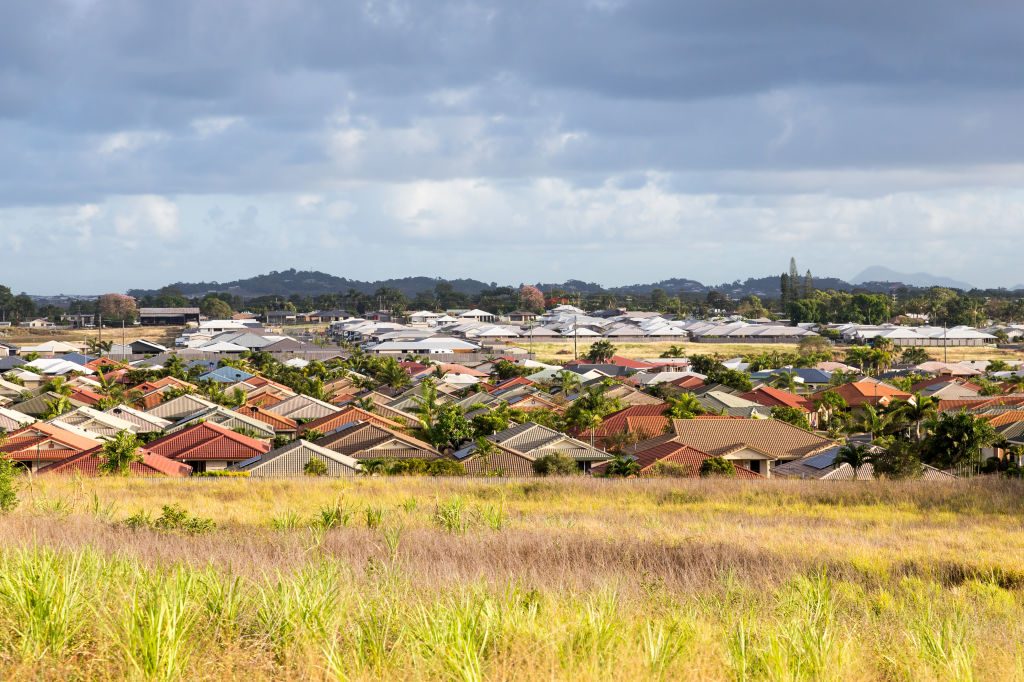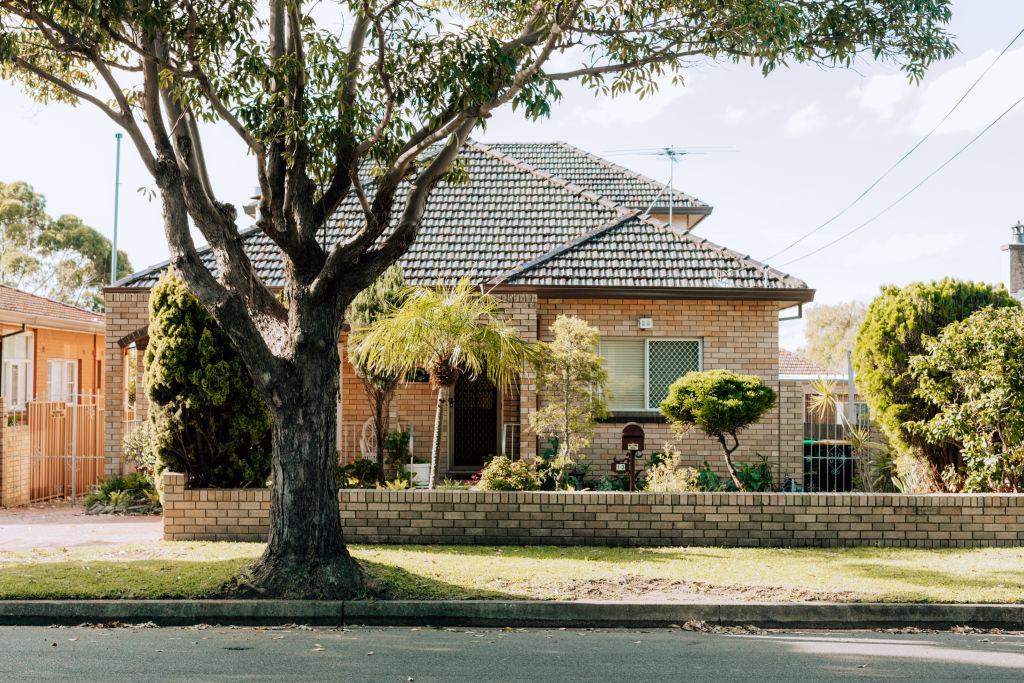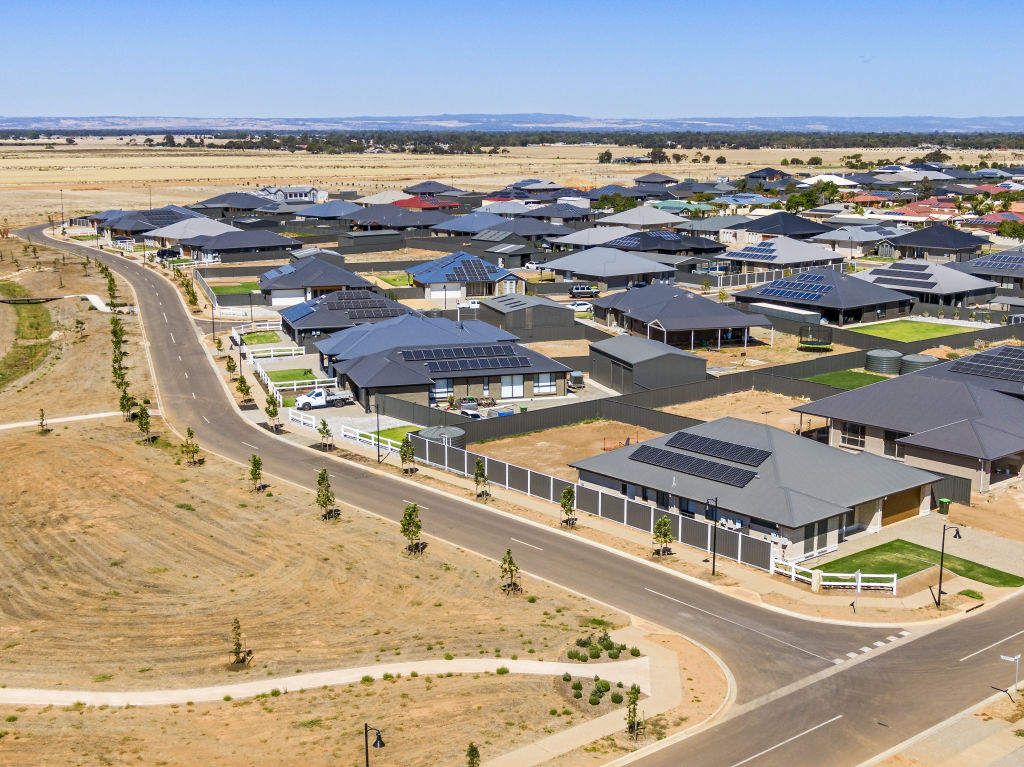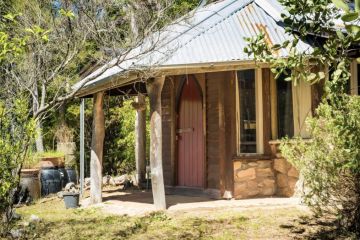The federal budget missed a key opportunity according to property investors

Although the 2022/23 federal budget was focused primarily on helping owner-occupiers, first-home buyers and those needing affordable housing, many believe more should have been done to support residential property investors too.
“There is a real need for more rental accommodation, particularly in the regions where vacancy rates are virtually zero in many areas,” says Max Shifman, national president of the Urban Development Institute of Australia.
“We rely partly on investors to provide homes for tenants, but the supply of housing isn’t keeping up with the demand at all. Supply-side support and reforms are critical.
“So the budget was a missed opportunity to fix the planning system to deliver more new housing and to support the provision of more infrastructure to build on develop-able land.”

It instead expanded the Home Guarantee Scheme with a further 50,000 places over the next three years to first-home buyers, single parents and people in the regions to enter the property market with as small a deposit as five per cent.
It also boosted the development of affordable housing.
“On the plus side, the budget was aimed at creating a stronger economy, and that in a broad sense is good for everyone, including investors,” says Jarek Kowcza, senior economist St George Economics.
“If unemployment is reduced then that will feed into higher wage growth, which will add to demand across the economy.
“That’s very positive for owner-occupiers and investors alike in the longer term. The challenge for both will be the likelihood of interest rises later this year and next, which will slow price growth and create challenges for investors. But the opening of international borders and increased migration will push up demand for rentals.”
Other budget measures, like the cost-of-living support package with tax offsets, the cut to the rate of fuel excise and one-off payments to those on lower incomes could also help boost the economy, as may the incentives for small businesses.
Meanwhile, the additional spending on disaster relief could serve to mitigate some of the costs of the floods.

Zaki Ameer, a property investment advisor and the founder of DDP Property, says the biggest comfort for investors at the moment is the historically low interest rate and the relaxing of lending protocols by the banks.
“Investors are currently finding it easy to raise loans because, while first-home buyers are often priced out of the market, investors tend to use the equity in their existing properties,” he says.
“So the last two years of price growth has been to their advantage.
“In addition, councils are having a lot of available land rezoned so developments can take place.
“The real problem is that there’s often not enough infrastructure there to support housing. The government’s been more concerned with shoring up our national security than putting in more infrastructure.”
Yet that’s exactly what many of the developer organisations were calling for in the budget – and say they’re not receiving.
“Development and construction provide 9 per cent of GDP and 11 per cent of full-time jobs,” Shifman says.
“Many of the affordability issues with housing come from a lack of development-ready land, and we’d like to see further measures to improve the planning system to fast-track infrastructure and streamline approvals.”
We recommend
We thought you might like
States
Capital Cities
Capital Cities - Rentals
Popular Areas
Allhomes
More










